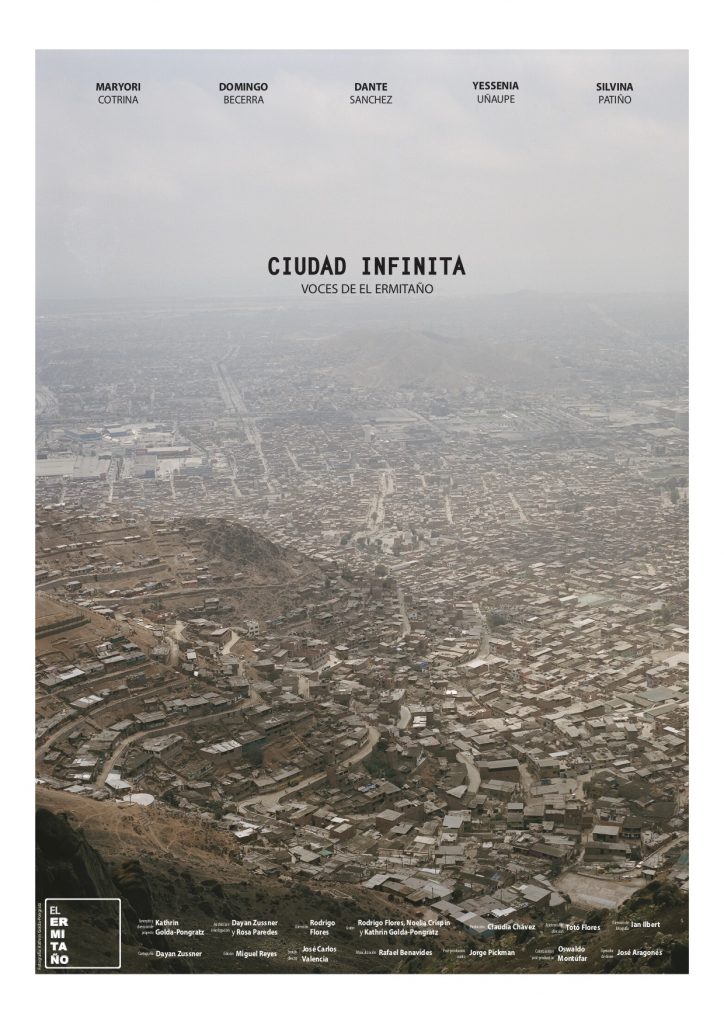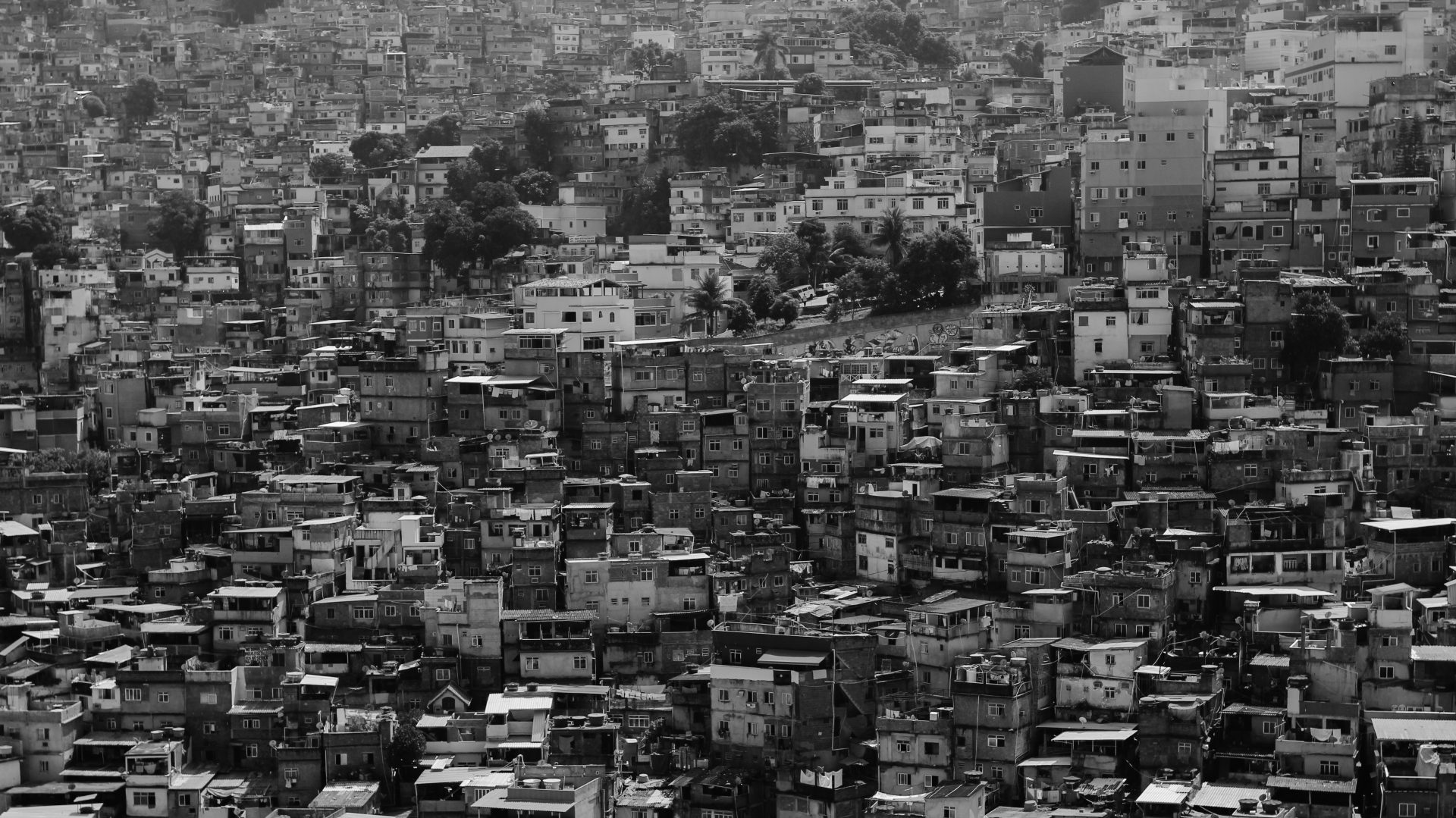THE INTERNATIONAL HABITAT DAY
“THE BARRIADAS OF PERU-A SOLUTION TO URBAN POVERTY”
4 OCTOBER
6-8 PM
Streaming online: see below
In-person at The Polytechnic Society: Rosenkrantz’ gate 7, Oslo (3rd floor)
WHAT? Habitat Norway (HN) screens the film “A Roof of my Own” (1964) and “The Infinite City” (2018) describing 60 year’s development in the El Ermitano neighbourhood of Lima, Peru. With approaches including land occupation and self help on the way to viable communities. Questions are asked if it just is upgrading of slums or building of new societies? Could the barriadas movement be a model to learn for the future for slum dwellers all over the world?
WHO? Professor Kathrin Golda-Pongratz (UiC, Barcelona School of Architecture), Anaclaudia Rossbach (Cities Alliance) and Gabriel Qvigstad (The Knowledge Company) will introduce and discuss global urban challenges based on the experience with the “barriadas” model from Peru. Including the World Bank’s “sites and services” approach.
WHY? Squatter settlements (barriadas) are a significant element in the urban growth of Lima, Peru. Barriadas are residential communities formed by low-income families in which the houses are constructed in large measure by the residents themselves, and which are frequently formed illegally. Many areas originally formed as barriadas have become integrated into the city as working-class suburbs. Various estimates suggest that over 40% of the city started as barriadas. Originally they were the product of migration from the Andes and the coast of Peru as a result of the continued primacy of Lima with its attractions and the poverty of the rest of the country. The poverty is result of physical geography and political elements such as land tenure, terms of trade, guerilla movements and the coca trade. Fundamental to understanding barriadas is the invasion of land and the consolidation and progressive development of communities over long periods. Barriadas are believed by some to be the only way in which, with government acquiescence, Peru has been able to cope with the demands of millions of people for housing and social mobility. Others see barriadas more negatively as slums and problems. This is not the view of the professor Golda – Pongratz who has studied the phenomenon for more than two decades. Recent developments suggest that far from being peripheral and a drain on the society and economy of Lima, the informal economies of barriadas may be catalyst for growth and a fundamental restructuring and reorganization of the whole city.

Movie poster “The Infinite City” (2018)
HOW? The World Bank – inspired by the English architect and anarchist John F.C. Turner’s thoughts on self help and organization, incremental approaches and spontaneous urbanization – from 1972 on – prioritized “private” solutions without state contributions and participation. Until 1990 the approach of the Bank was that people should be helped to help themselves without subsidies from authorities. The result: 116 “sites and services” project in 55 countries. At an average cost of USD 42 million. International and national NGO-consortia led the work.
AND TODAY? The old film (1964) presents the starting point for the “barriada movement” and its approaches. The recent one (2018) outlines the development for six decades and where people stand today. A universal urban development model for the future?
Preliminary program
18:00 OPENING
18:05 INTRODUCTION: THE BARRIADAS OF LIMA; PERU AND THE INFINITE CITY
Professor Kathrin Golda – Pongratz, UiC, University of Barcelona
18:25 HOW AND WHY IT STARTED – SCREENING OF THE FILM “A ROOF OF THEIR OWN” (1964)
18:55 CHALLENGES OF TODAY/THE FUTURE – SCREENING OF THE FILM “CIUDAD INFINITA (2018).
19:25 OTHER APPROACHES FOR IMPROVEMENT: AREA DEVELOPMENT: THE ZEIS MODEL OF BRAZIL
Anaclaudia Rossbach, Cities Alliance, Regional Director of Latin America
19.40 PERSPECTIVES ON AREA DEVELOPMENT IN NORWAY
Gabriel Qvigstad, CEO, The Knowledge company/Norigo
19.55 CONCLUSION
MODERATOR: Odd Iglebæk, Habitat Norway
Register here

